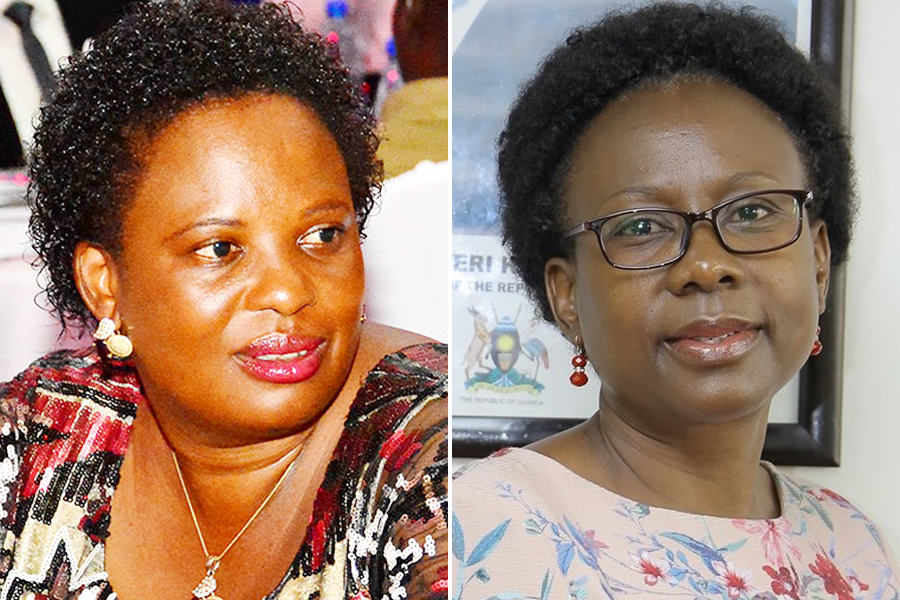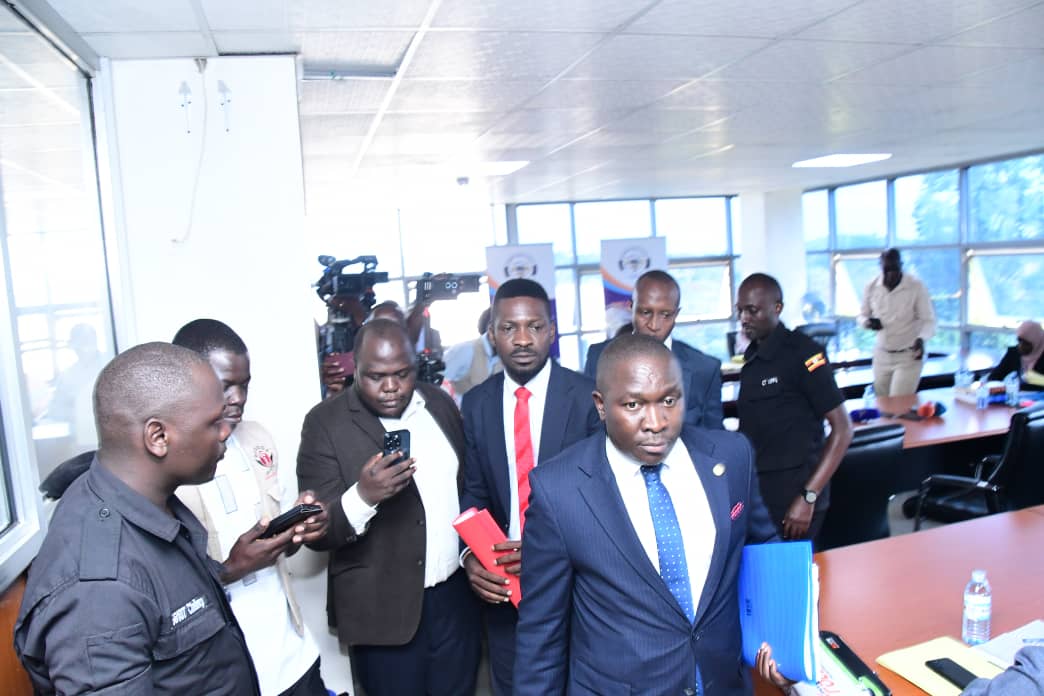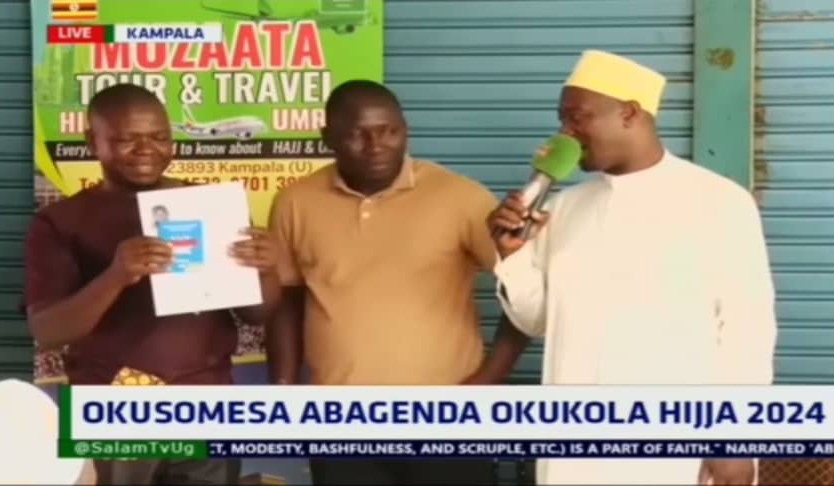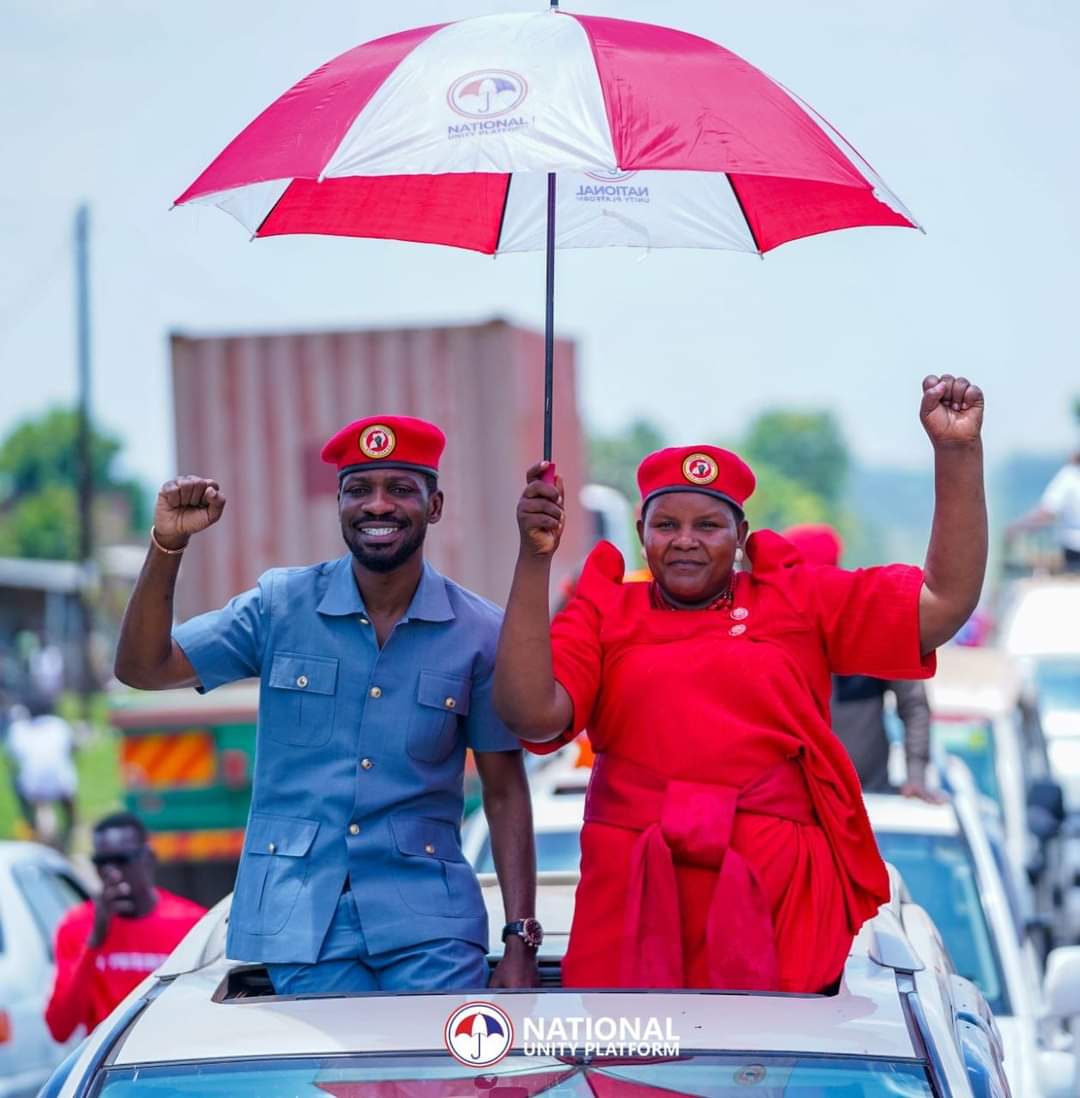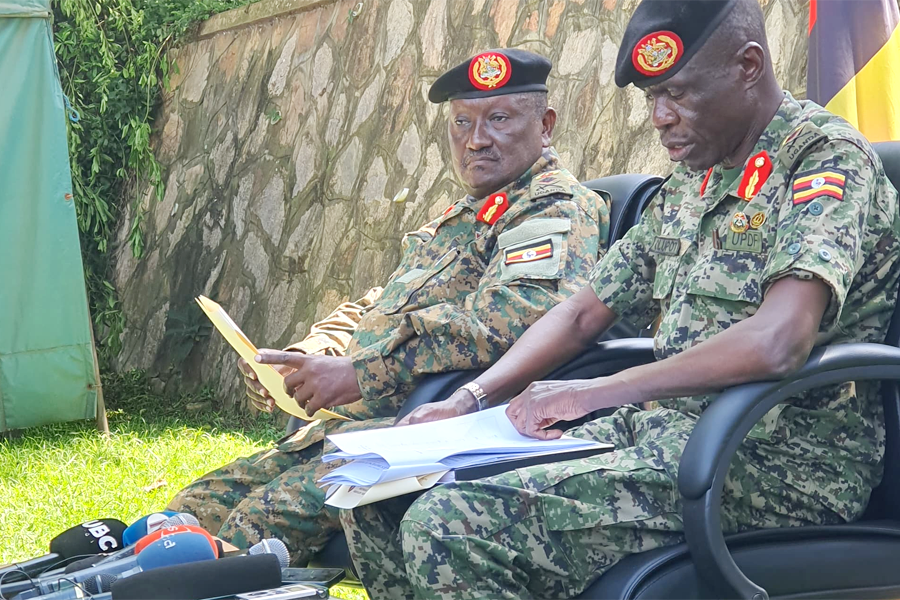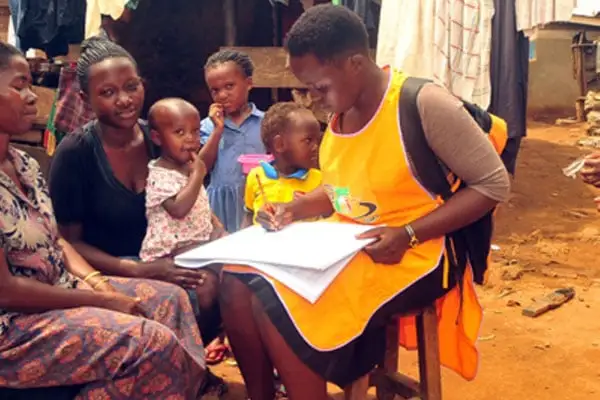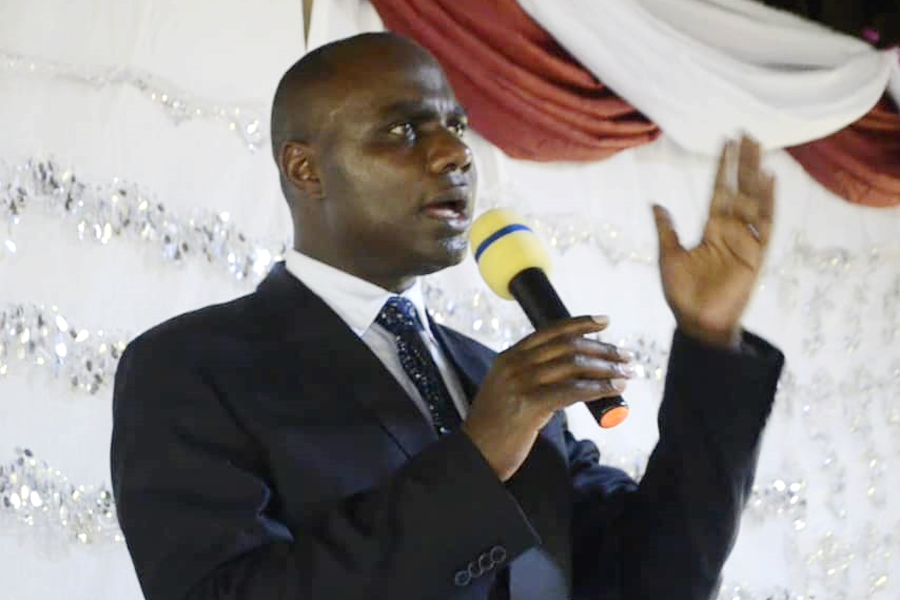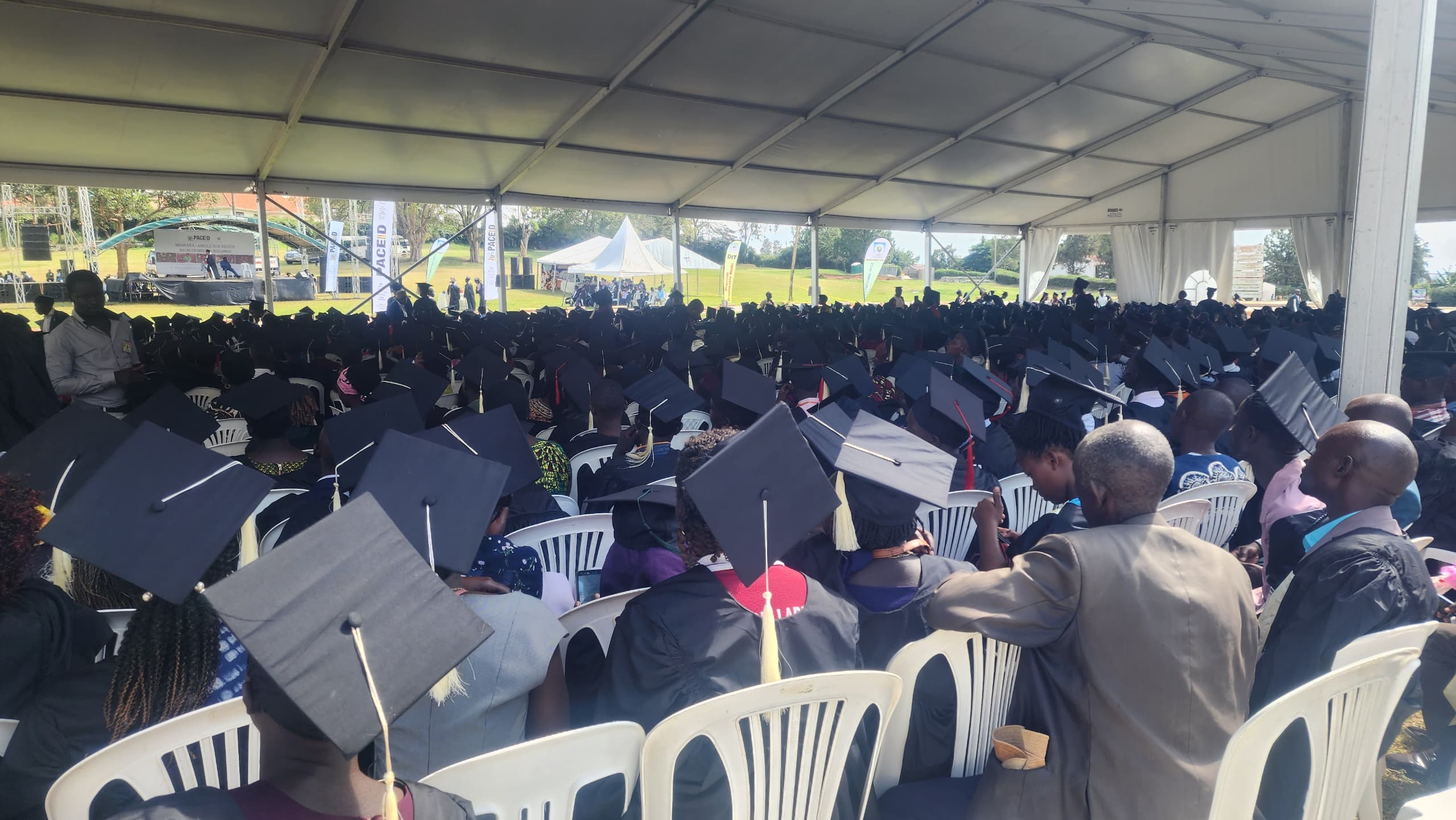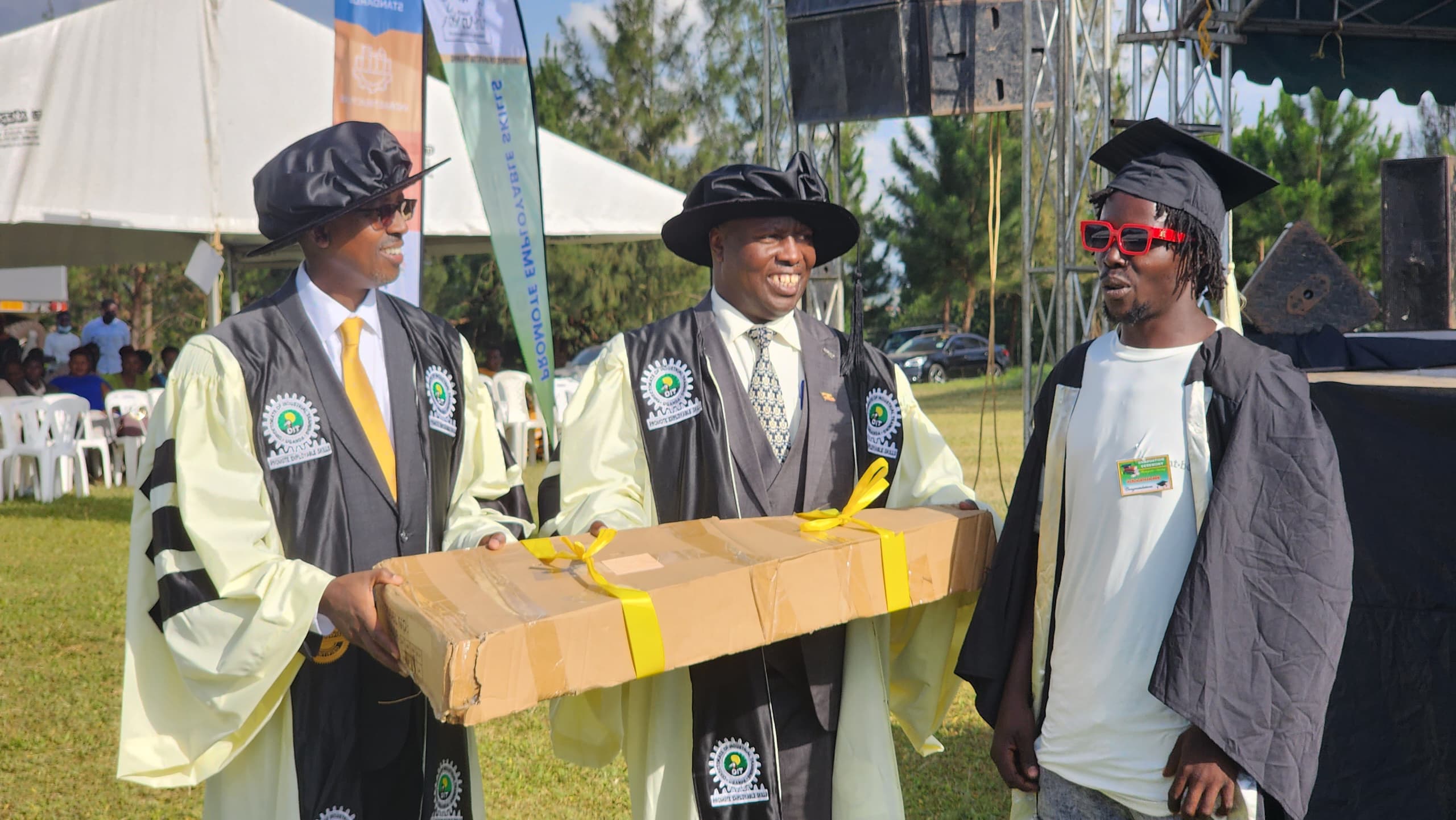Understanding carbon trading

Carbon markets are aimed at reducing greenhouse gas emissions by creating a financial incentive for entities to cut their emissions or invest in emission reduction projects. They operate through two primary mechanisms
Cap-and-trade
In a cap-and-trade system, the government sets a limit, or cap, on the total amount of greenhouse gases that can be emitted by covered entities, such as power plants or industrial facilities.
These entities are required to hold permits, known as allowances, equal to their emissions.
The total number of allowances is capped, and gradually reduced over time to achieve emission reduction targets.
Entities that emit less than their allocated allowances can sell surplus allowances to those that exceed their allowances, creating a market for emissions permits.
This system creates a financial incentive for companies to reduce emissions and invest in cleaner technologies.
Carbon offsetting involves compensating for emissions by investing in projects that reduce or remove greenhouse gases from the atmosphere.
These projects can include renewable energy projects, forest conservation, or methane capture initiatives.
Each ton of carbon dioxide equivalent (CO2e) reduced or removed by these projects generates a carbon credit, which can be bought and sold on the carbon market.
Companies or individuals purchase these credits to offset their emissions, effectively neutralizing their carbon footprint.
Carbon markets provide several benefits.
They encourage companies to reduce emissions through market-based incentives, allow for emissions reductions to occur where it is most economically efficient, innovation and
providing flexibility for companies to meet their emission reduction targets.
They facilitate global collaboration on climate action.
Overall, carbon markets play a crucial role in addressing climate change by harnessing market forces to incentivize emission reductions and foster the transition to a low-carbon economy.


